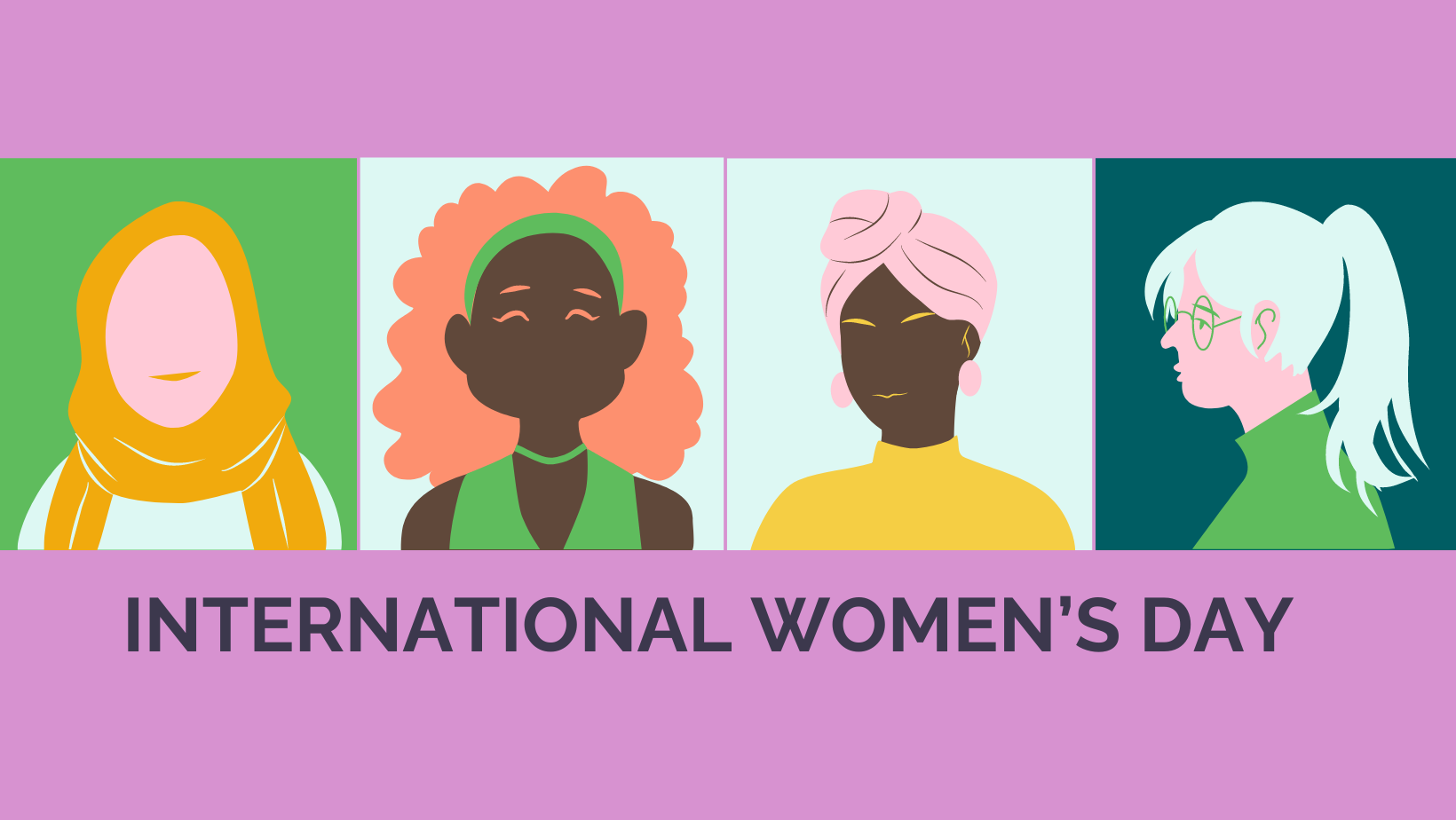As we all came together to celebrate International Women’s Day recently, we felt it only fitting to pay our own tribute to the impact that has been made, and the role we see our Global Citizens playing in contributing to future progress.
For a bit of context behind the day: on March 8th of each year, the world comes together to celebrate International Women's Day. This is a day dedicated to honoring the achievements and contributions of women throughout history, as well as recognizing the ongoing struggle for gender equality. This global observance serves as a reminder of the progress made, the challenges that remain, and the collective efforts required to create a more equitable world for all.
From pioneering suffragettes to trailblazing scientists, women have played pivotal roles in shaping societies and challenging the status quo. Their courage, resilience, and unwavering determination have broken barriers and inspired generations. Across cultures and continents, countless women have left indelible marks on history through their advocacy, leadership, and achievements.

One such remarkable figure is Malala Yousafzai, the Pakistani activist who defied the Taliban's ban on girls' education and advocated for the rights of girls to receive an education. Despite facing grave threats to her life, Malala continued to speak out, becoming the youngest-ever Nobel Prize laureate at the age of 17. Her bravery and commitment to education have ignited a global movement for girls' rights and empowerment.
In India, the legacy of Mahatma Gandhi's teachings is intertwined with the contributions of women like Sarojini Naidu, known as the "Nightingale of India." Naidu was a prominent leader in the Indian independence movement and a fervent advocate for women's rights. Her activism paved the way for future generations of Indian women to participate in politics and public life.
Beyond Asia, the civil rights movement in the United States was propelled by the tireless efforts of women like Rosa Parks and Ella Baker. Parks' refusal to give up her seat on a segregated bus sparked a wave of protests and led to significant advances in the struggle against racial discrimination. Similarly, Ella Baker played a pivotal role in organizing grassroots movements and empowering African American communities to demand equality and justice.

Left to right: Malala Yousafzai, Sarojini Naidu, Rosa Parks
While these women and many others have made significant strides towards gender equality, the reality is that disparities still persist, particularly in developing countries and rural communities.
Women in these regions often face intersecting forms of discrimination based on gender, class, ethnicity, and geography, exacerbating inequalities and limiting their opportunities for advancement.
In many parts of the world, women continue to bear the disproportionate burden of unpaid care work, limiting their ability to pursue education, employment, and leadership roles. Moreover, access to essential services such as healthcare, reproductive rights, and economic resources remains uneven, further marginalizing women and girls in rural areas.
Governments, civil society organizations, and international institutions all have critical roles to play in advancing gender equality and ensuring that the needs and rights of women are prioritized. Addressing systemic inequalities requires a concerted effort at the global level to dismantle patriarchal structures, promote gender-sensitive policies, and invest in women's empowerment initiatives.
Challenges Abroad Case Study: Financial Literacy and Women’s Empowerment Program, Nepal
Economic empowerment is a key pillar of gender equality, as it enables women to achieve financial independence and contribute to their communities' socio-economic development. In January 2024, we welcomed a team of Global Citizens to Nepal who worked with local women's groups to assess their needs in terms of creating equal opportunities, with a focus on income generation.
Our Global Citizens used this research to design workshops covering a range of topics, including marketing basics, branding, social media and digital marketing, accounting, resource management, banking, investing, and financial statements. The women also came together to discuss their role within the community and how they believe they can support their families and children. To provide a space for the group to discuss ideas was a vital part of this program, as it empowered them to make decisions for their future.
We are excited to see this Challenges Abroad Program develop and see how our Global Citizens can continue empowering the community in Nepal and work towards bridging the gender gap!

Workshops with the women's group in Nepal
Education also emerges as a powerful tool for empowering women and girls and breaking the cycle of poverty and exclusion. By investing in girls' education, providing scholarships, and promoting STEM (science, technology, engineering, and mathematics) fields, we can equip women with the skills and knowledge they need to thrive in a rapidly changing world.
Challenges Abroad Case Study: Global Citizen Education Challenge, Thailand
It is reported that only 15% of STEM-qualified jobs are currently held by women. Therefore, as we work towards achieving SDG 4: Quality Education, STEM is a key focus across all our programs. With the aim to inspire young learners, but to also showcase equal opportunities and promote inclusion at a younger level; encouraging girls to continue in their education. Thus, as part of our Education Programs, our Global Citizens not only play a pivotal role in providing communities with skills that will benefit them in these essential (STEM) fields, but they are also inspiring equality as both female and male learners develop skillsets that will benefit them in further education and employment opportunities.
This is a program that we aim to continue developing across all our Global Hubs as we pave the way for quality, gender equal education!

STEM workshops in Thailand
Furthermore, ensuring access to affordable healthcare, including sexual and reproductive health services, is essential for safeguarding women's rights and well-being. By expanding access to healthcare facilities, promoting comprehensive sex education, and combating gender-based violence, we can create safer and healthier environments for women and girls to thrive.
Challenges Abroad Case Study: Global Health Internships, Cambodia
In 2023, we invited 7 Global Citizens to intern with our team in Cambodia and help work on various health initiatives. Through extensive research and community needs assessments, our Global Citizens identified a key need surrounding women’s health education. They realised that although 100% of girls (grades 5 &6) had heard of a period, 65% didn’t know what it was, and 70% felt scared about having their period. Using this as a foundation to their work, the team designed a women’s health curriculum which aims to raise awareness of women’s health issues, help girls understand their bodies and become more confident in discussing these important topics.
We can’t wait to welcome more Global Citizens to Cambodia to implement this new curriculum and see the impact quality health care education will have on the women and girls in the community!

Community needs assessments in Cambodia
Something we can all do, which can be done globally or locally but is still crucial, is to challenge harmful gender norms and stereotypes that perpetuate inequality and discrimination. By promoting positive representations of women in media, challenging gender-based violence, and engaging men and boys as allies in the fight for gender equality, we can foster more inclusive and equitable societies.
So, let us celebrate the achievements of women past and present, while also recognizing the work that remains to be done. By standing together in solidarity, advocating for change, and taking concrete actions to promote gender equality, we can build a future where every woman and girl can fulfill her potential. Together, we can bridge the gender gap and create a more just and equitable world for all!





